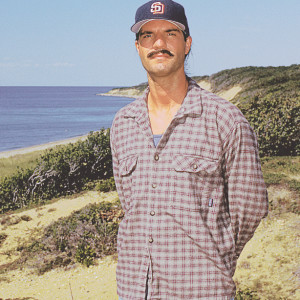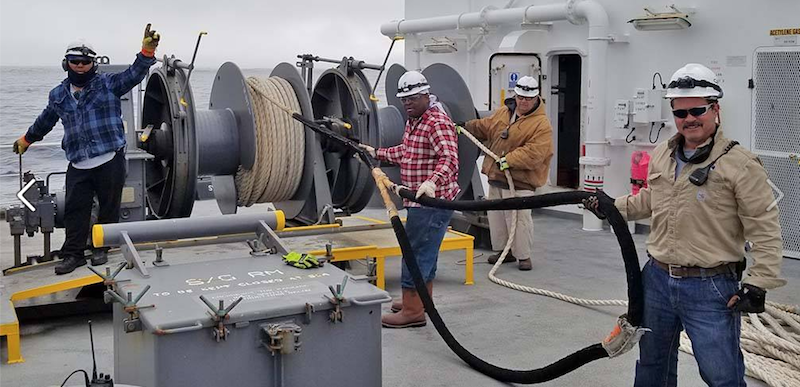Don’t hold your breath! No, it’s not just a sarcastic comeback — seriously, don’t do it. At least don’t hold it when you’re lifting moderate to heavy items or otherwise exerting yourself strenuously. That’s a valuable lesson I wish I had been taught in my youth.
What has this got to do with working on the water or anywhere else? Everything. It has to do with the preferred strategy of avoiding getting a hernia in the first place, as opposed to getting one surgically repaired afterward.
Hernias, openings in the abdominal wall through which an internal organ pushes through, are very common. There are six types of hernias, affecting both women and men, that form unseen at first and get progressively larger over time. And although they usually pose no immediate danger they also never get better on their own. It’s very important to remember that any type of hernia can quickly turn into a serious life-threatening medical emergency should they become strangulated, which reduces or cuts off blood flow to (typically) the trapped section of the intestines. Should this occur, quick diagnosis and evacuation are critical. Time is of the essence. A potentially fatal infection and sepsis can set in fast.
What can you do to reduce the risk of developing a hernia? Stop smoking, maintain a healthy body weight, and ensure you have adequate fiber in your diet.
But the best advice I have heard came, of course, after the fact and too late for me. It came after many years of lifting and dragging heavy things like push wires, towing shackles, big lines, etc., that led to my own inguinal hernias. My surgeon simply said, “Don’t hold your breath. When you’re lifting or trying to move these heavy things you have to stop holding your breath and straining. Just let it out. Take your deep breaths and then, when you start straining, be sure to breath out.” D’oh! I was dumbstruck by its obvious simplicity, but I wrote it down.
Try it. You really can feel the difference.




